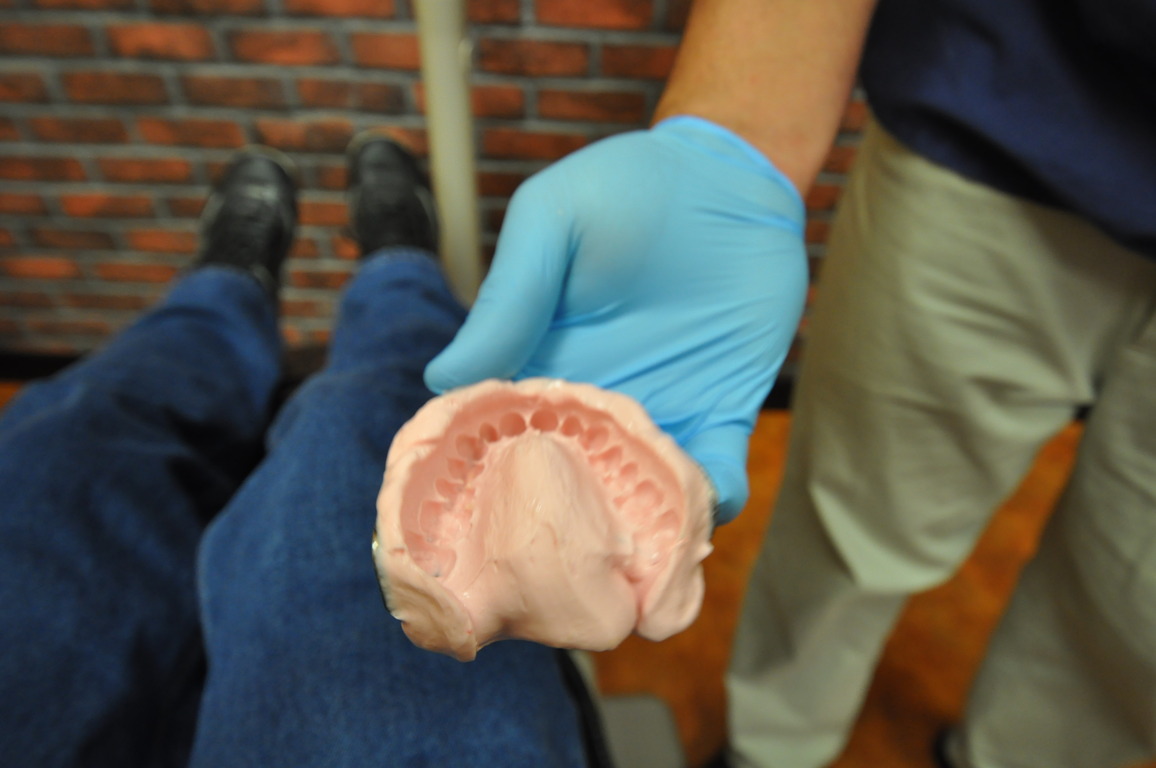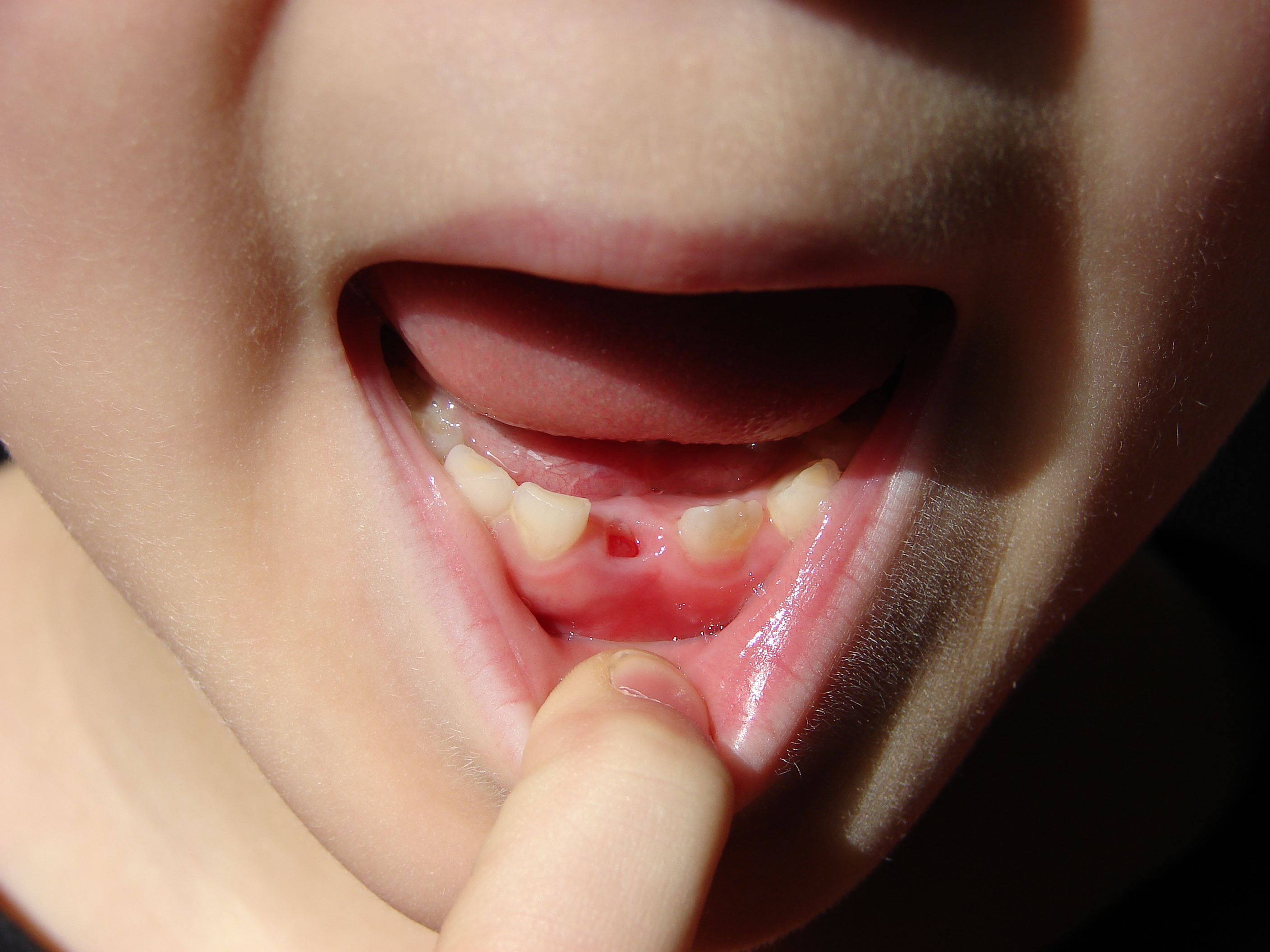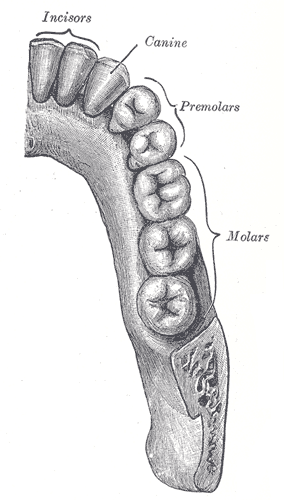Mouthguards: Custom-Fit vs Boil & Bite

Why do I need a mouthguard?
The importance and necessity of a proper fitting mouthguard cannot be understated. The protection a mouthguard provides is dependant upon its design and fit. In order to receive the complete protective benefits of a mouthguard it is recommended you have your mouthguard made and fitted by a professional. The Australian Dental Association (ADA) recommends that only a professionally custom-fitted mouthguard should be worn.
Mouthguards consist of two types, either a store bought ?Boil and Bite? mouthguard or a custom-fitted mouthguard designed and fitted by a dental professional.




